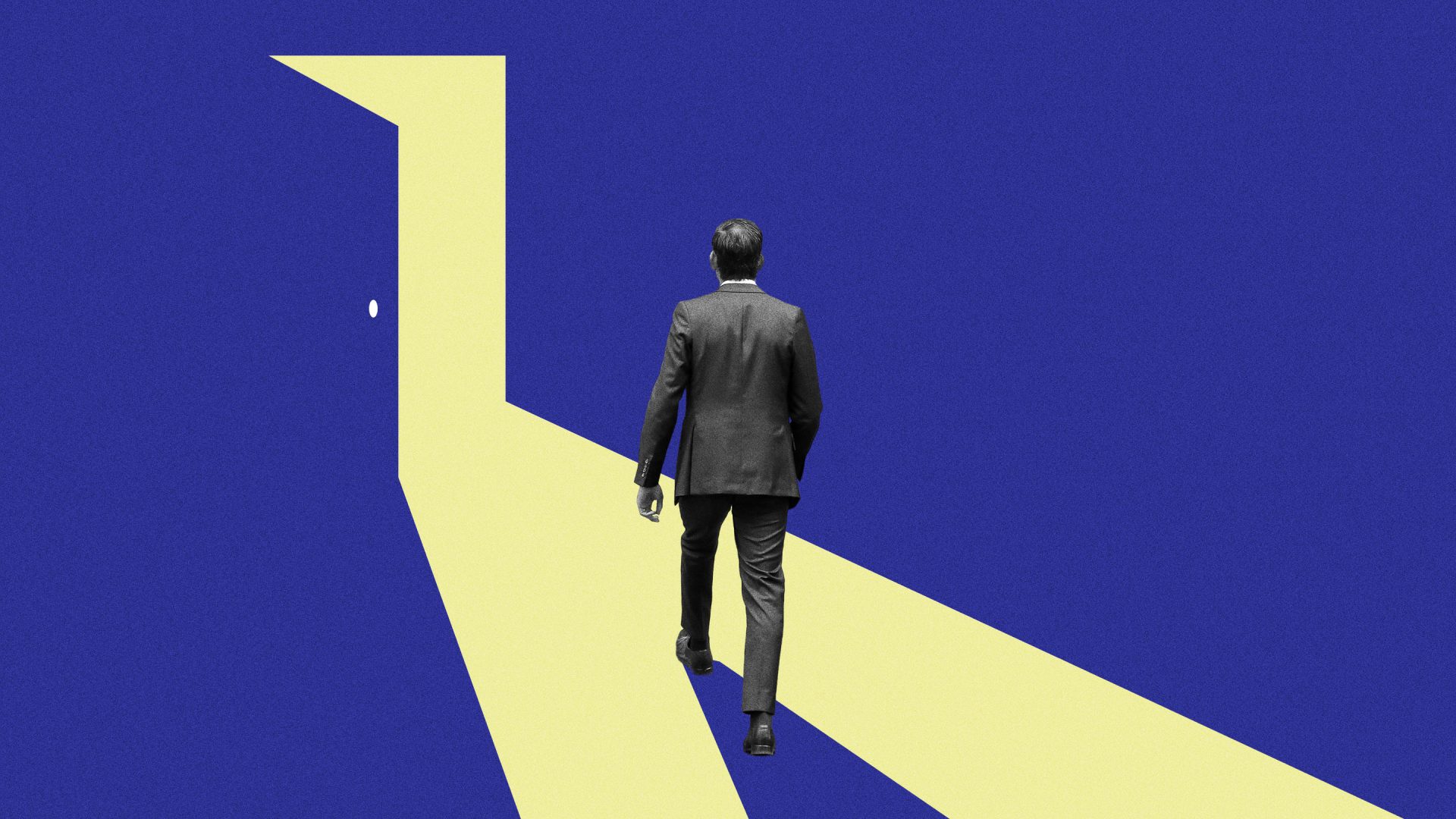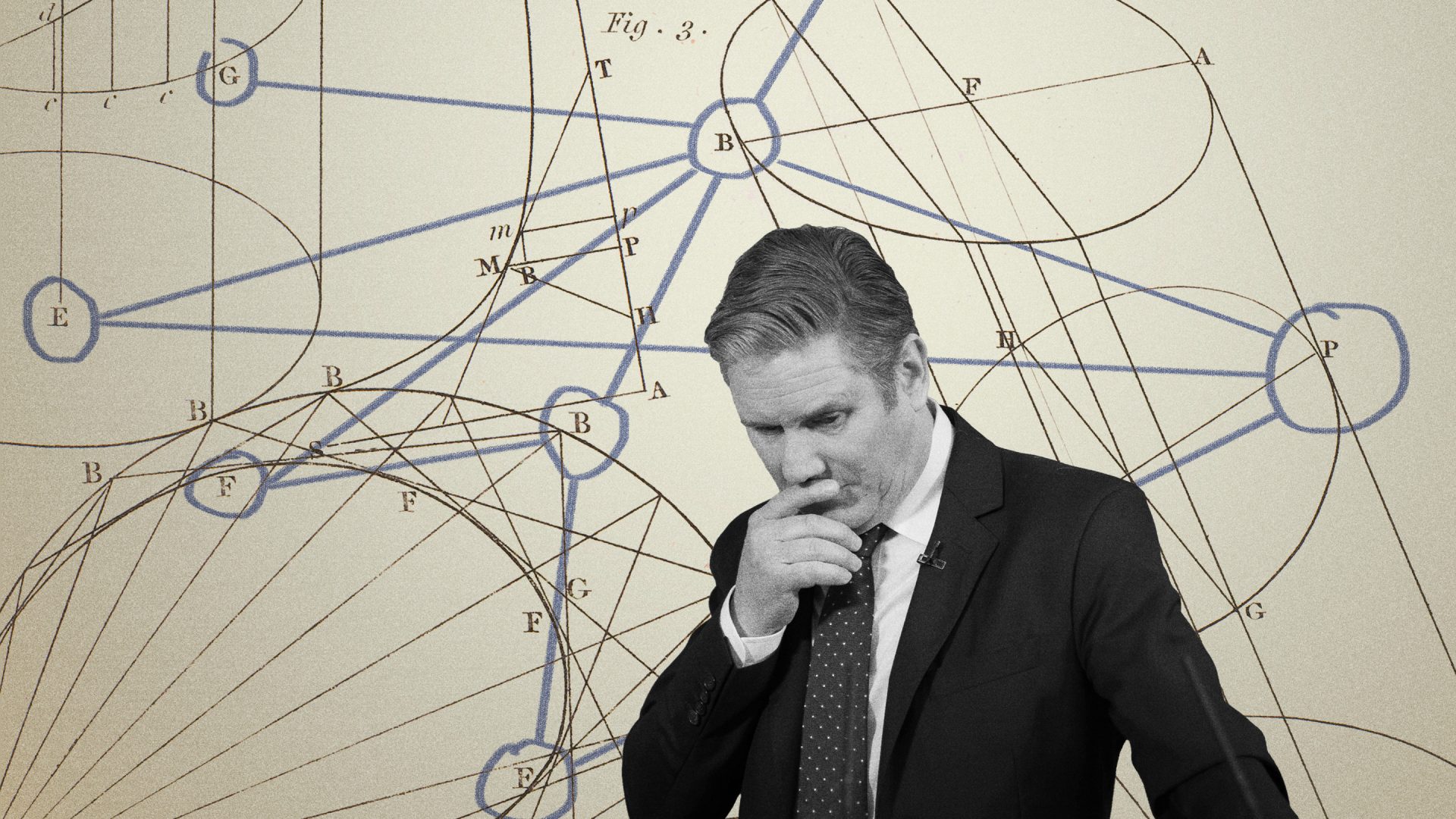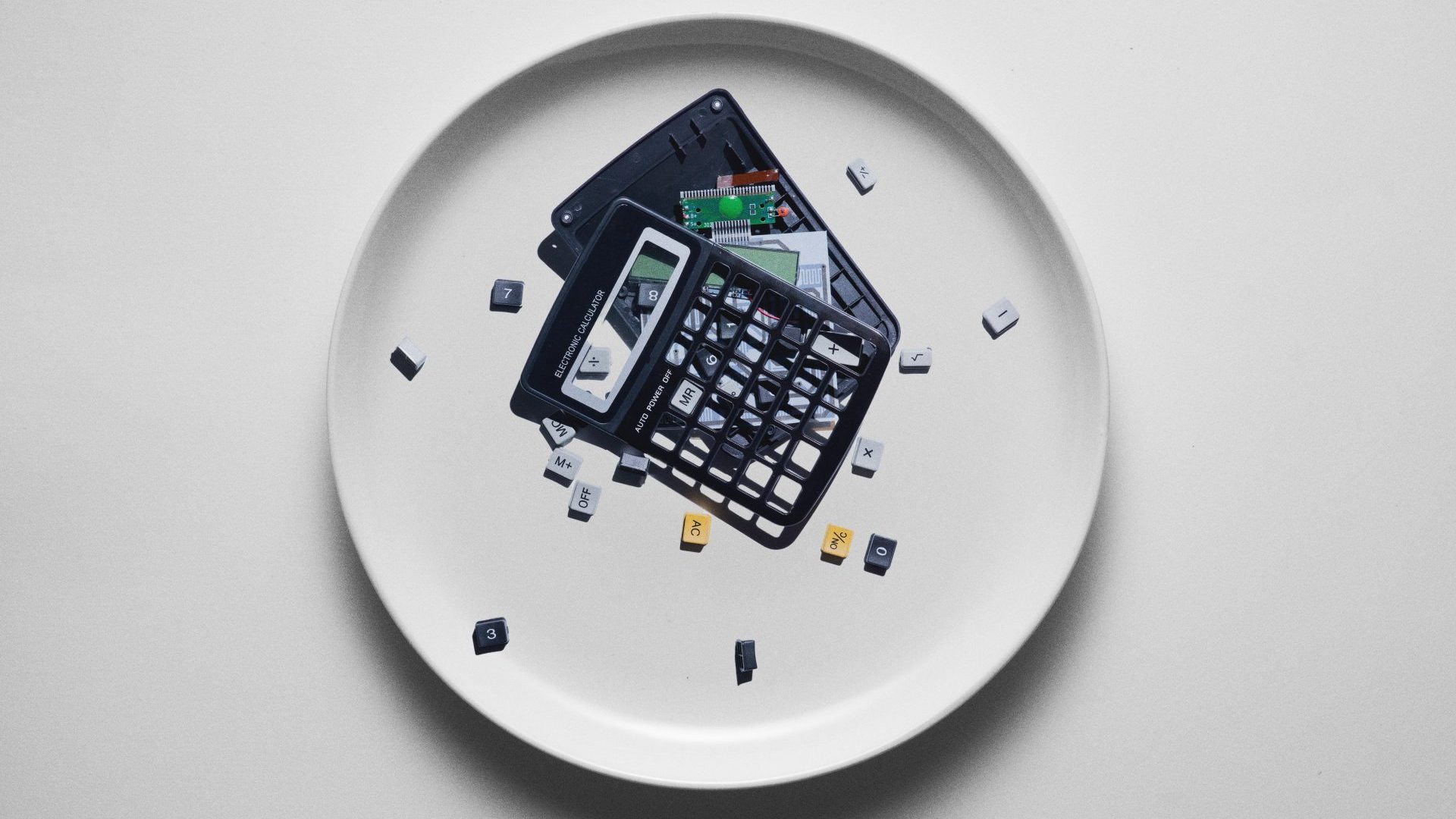Setting up a public inquiry and then trying to avoid giving it the evidence it wants looks suspiciously like an admission of guilt. No matter what arguments the government advances, its decision to go to court rather than comply with the requests from Lady Hallett’s Covid inquiry just looks bad. Very bad.
It makes Rishi Sunak look like someone with something to hide. That will not enhance his already poor standing with the electorate (his approval rating in the latest poll stands at -21 points, 20 points worse than Sir Keir Starmer’s).
And it does make one wonder whether Sunak has accepted that his election defeat is inevitable, so that his main aim now must be to leave office with his personal reputation not entirely in tatters. So much of what is going on in Sunak’s government is so ill-thought-through that it is hard to believe that a clever former Goldman Sachs man is in charge.
But maybe, the theory goes, he has in effect abdicated already and is simply concentrating on his life beyond No 10. In which case, public humiliation over his “Eat Out to Help Out” scheme during the pandemic would not be helpful.
Sunak has made much of the fact that, as chancellor, he steered the country through the worst ravages of Covid, instituting a package of furlough payments for workers and government loans to keep companies afloat. He has been much quieter about his subsidised dining scheme, which now appears to have involved the government funding a renewed spread of the virus. Many of those loans, too, turn out to have been given with undue generosity to fake businesses that have since disappeared, leaving no hope of them ever being repaid.
It will be years before the Covid Committee reports, but its evidence will become public more quickly. Should Sunak be planning a post-election life that sees him saying farewell to politics in favour of the financial world in which he thrived before becoming an MP, then, if he had to choose between being tricksy with providing evidence to an inquiry or being denounced as having promoted a “stupid” scheme against scientific advice, the former would certainly be preferable. If it alienates a few more potential Conservative voters, so be it.
It is no easy task to be a prime minister with Boris Johnson as an enemy. It is clear that Johnson’s strategy is to make life as difficult as he can for the man he made chancellor and who then, in his belief, betrayed him. Nevertheless, Sunak had a chance to seize control when, after the disastrous Liz Truss premiership (a phrase that now sounds totally fictional) he became PM. Yet the party he took over has been riven with divides for decades and he has been as reluctant as his predecessors to confront them.
Keeping the far right onside with a more moderate core of MPs is exhausting work. In negotiating the Windsor Framework to try to sort out the Northern Ireland impasse with the EU, it seemed that the PM had taken a brave stance, but this was a one-off. He is still striving to keep the far-right Suella
Braverman lovers sweet, while also attempting to please more moderate members of his party. This is a hard task to pull off, even for the most skilled of politicians. Cabinet meetings must be fraught, with ideological differences simmering even before any issue is raised.
So, with Washington DC now ticked off his list of places to go before January 2025, has Sunak simply decided to do his grandstanding on the world stage and leave his ministers to get on with the job at home? It is beginning to look that way, and the results are not impressive.
Take the issue that has even sent the Daily Mail group into battle with the government: tax-free shopping for tourists.
Amid the disaster of the Truss/Kwarteng “fiscal event” there hid a single note of sanity: the decision to restore this. Yet so eager was the next chancellor, Jeremy Hunt, to reverse his predecessor’s calamitous initiatives that the VAT was slapped back on again before any acquisitive traveller had had a chance to snap up a Hermès bag or Chanel belt at the lower price.
Even the wealthy love a bargain, so it is hardly surprising that many tourists are taking their shopping lists to other European countries where the tax break persists. As France, Italy and Spain are benefitting hugely from the UK’s decision, it is perfectly clear that this is yet another “Brexit freedom” that is damaging the country.
Cries of pain from retailers and the tourism industry come backed up by independent research from many sources. Oxford Economics, for instance, reckons that restoring tax-free shopping would boost UK GDP by £4.1bn a year and support 78,000 jobs. Global Blue, an organisation that deals in VAT recovery, has numbers that demonstrate what is actually happening. It says that spending by US visitors to the UK was back to 2019 levels in 2022, but France and Italy recorded increases of 256% and 226% respectively. Visitors from the Gulf States, who traditionally favoured the UK for most of their shopping, have staged a partial boycott: their UK purchases in 2022 were only 65% of the 2019 levels, whereas in France they were twice the level of 2019, with Italy at 166% and Spain at 158%.
Yet, despite such glaring evidence, the government persists in taking a determinedly blinkered view that restoring the tax break would cost £2bn a year, ignoring the cost of driving away the high-spending visitors who would bolster the UK’s crucial tourism and hospitality industries.
This dogmatic approach leads this government into so many indefensible policy positions. For instance, it is determined to be tough on striking public service workers, arguing that it simply does not have the cash to meet their demands.
The teaching unions, whose stoppages cause families logistical difficulties and affect children already disadvantaged by Covid, counter that, without better pay, people will continue to leave the profession and new recruits will be deterred from joining. It now emerges that the government has hatched a cunning plan to solve the problem. It is trawling the world to find qualified teachers who, for a £10,000 resettlement payment, can be lured to the UK.
This is not only a selfish and short-sighted approach – in that it intends to attract teachers from countries such as India, where their services are desperately needed. It also sends a clear message to striking teachers that there is indeed extra cash to be had, but the government would prefer to use it as bungs to bring in people from overseas rather than hand it to them. It is not a tactic likely to aid negotiations with the unions.
The prime minister may lack the common touch, but he is an intelligent man. Surely he would see that making the UK the only country in Europe not to offer tax-free shopping to tourists would put it at a massive disadvantage in attracting high spenders. Equally, he must realise that angry teachers were not likely to be appeased by the prospect of hefty sums being used to bribe people from abroad to come and work in our schools. Does he mention his qualms to colleagues, or just leave ministers to run their departments their way?
Perhaps he has realised that his time as PM is highly likely to come to an end with the next election, at which stage he will be free to take up his Green Card again and resume a lucrative financial career in the US. Or he could just lie by a pool, probably not in Yorkshire, and indulge his delight in Jilly Cooper novels. In the meantime, he will just concentrate on trying to prevent his party tearing itself apart and provide the occasional soundbite for the public.
It is a depressing scenario but, if he does have a more ambitious plan, it is far from obvious. There is much talk of tax cuts before the next election, but they would have to be deep if they were to produce any feel-good factor in voters who have seen their spending power shrink so significantly in the last year. And he has already allowed pressure from his right wing to persuade him to abandon the house-building targets that might have offered some hope to people desperate to get on the housing ladder.
Should Sunak really imagine that there is a chance that the left might cannibalise itself again, with Labour, the Lib Dems and the Greens fighting over the same seats and allowing Conservative candidates to sneak to victory through the divided opposition votes, then he will find himself confronting today’s problems, only even more deep-seated.
The need for the elusive “growth” will still be imperative, but discovery no closer. The soundbites will have vanished, along with the hopes they promised. The brave infrastructure projects that were to have propelled the country to new productivity levels will still be on drawing boards.
It seemed symbolic that, last month, it emerged that the ambitiously entitled “Acceleration Unit”, launched in 2020 with the task of removing blockages and barriers that held up major projects, had been abandoned in March.
It may be that Sunak was not really conscious about the creation of the unit, the brainwave of the then transport secretary, Grant Shapps, although, as chancellor at the time, he was quoted in suitably anodyne form welcoming the initiative.
The PM does not look like a man in charge of an Accelerating Unit. He increasingly looks like one planning to head out of the door at the next election to a comfortable life in Santa Monica. Having been prime minister of a divided party with Boris Johnson sniping from the sidelines would command a degree of sympathy. Being deemed the author of an expensive Covid-spreading scheme would not be career-enhancing.
Baroness Wheatcroft is a former editor of the Wall Street Journal Europe and Sunday Telegraph who sits in the Lords as a crossbench life peer




